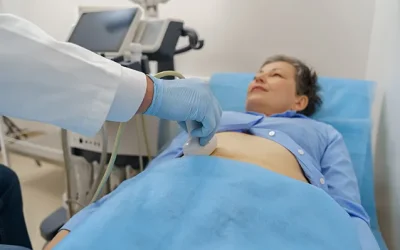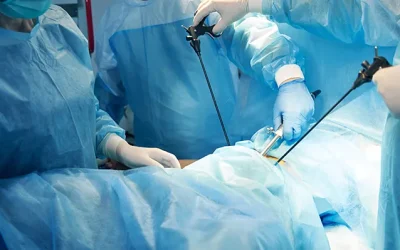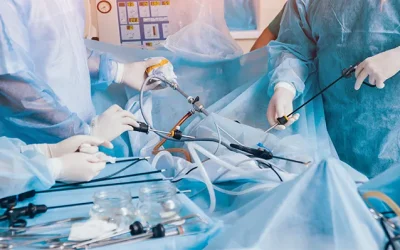Understanding the Pap Smear Test: A Simple Guide
The Pap smear, frequently called the Pap test, is among the most significant procedures in ladies’ well-being. It is a test implied for checking cervical cancer since such a test will find strange cells inside the cervix, which is the low part of the uterus, opening into the vagina. A Pap smear manages to distinguish these unusual cells so that cervical cancer cannot be created. Understanding what it is, the means by which it works, and why it is significant can make you more proactive about your health.
What is a Pap Smear?
A Pap smear is a quick and simple test whereby minor changes of the cervix are observed. The major aim of such testing is to highlight the pre-cancerous or cancerous cells prior to their potential growth and spread. This normally goes along with the pelvic test, and can be associated with a test for HPV-a virus causing cervical cancer.
Why is a Pap Smear Important?
Cervical cancer develops slowly, and in its beginning phases, it, by and large, does not give any symptoms. A Pap smear is significant because it detects the strange cells before they become cancerous, permitting early treatment. Standard Pap smears incredibly diminish the risk of developing cervical cancer, which makes it one of the most viable ways to forestall the disease.
Who Should Get a Pap Smear?
For the most part, it is suggested that ladies start Pap smear testing at age 21 and follow up every 3 years, assuming the results are typical. Women aged 30 and more established may pick a Pap smear plus an HPV test at regular intervals. However, the frequency may vary about your medical history, or the result of your previous test, even because of associated risk factors, for example, an atrophied immune system or a history of smoking.
How Is a Pap Smear Performed?
The process of playing out a Pap smear is moderately simple and usually takes a couple of moments:
1. Preparation: You will be asked to undress from the waist and lie on a test table with your feet in stirrups. A sheet or outfit will be presented for ease.
2. Pelvic Test: The examiner will insert a speculum into your vagina after delicately opening it. This instrument opens the walls of the vagina so the cervix can be easily visualized.
3. Sample Collection: The supplier will take a sample of the cells from the surface of the cervix by using a small, soft brush or a spatula. It is not painful; in any case, some ladies might feel slight discomfort or pressure.
4. Lab Analysis: The cell sample will be sent to a lab where the cells are inspected under the microscope for any irregularity.
Understanding the Results
Results of a Pap smear can be normal, unclear, or abnormal:
• Normal Results: No abnormal cells were found.
• Unclear Results: The results aren’t clear enough for a diagnosis. Your doctor may suggest additional tests or a repeat Pap test.
• Abnormal Results: An abnormal result doesn’t necessarily mean cancer. It indicates changes in cervical cells, which could be gentle, moderate, or severe.
How to Prepare for a Pap Smear
Some simple instructions are put forward to assure the best results of a Pap smear. These include:
• Stay away from sexual intercourse at least 24 hours prior testing.
• Try not to douche or use tampons or any creams, sprays, or medications in the vagina for atleast 48 hours prior to testing.
• Avoid scheduling your Pap smear while menstruating because the blood can alter the capability for accuracy with the test.
What to Expect After the Test
After the Pap smear, you can resume your activities right away. Some women might encounter light spotting or a touch of discomfort after the test is done, yet these symptoms will frequently not last long. Your healthcare provider will call you concerning your test results, which usually require several days to seven days to open up.
Conclusion
The Pap smear test is one of the most preventive ways of finding cervical cancer from the get-go. Regular screening has a superior approach to realising that there may be abnormalities accessing the cells before they become cancerous. Being educated about the Pap smear and integrating it into your routine check-up will give you a healthy means of advancing your wellbeing. Ask your medical services professional for additional data and advice if you have any concerns or questions concerning the Pap smear or your results.




0 Comments